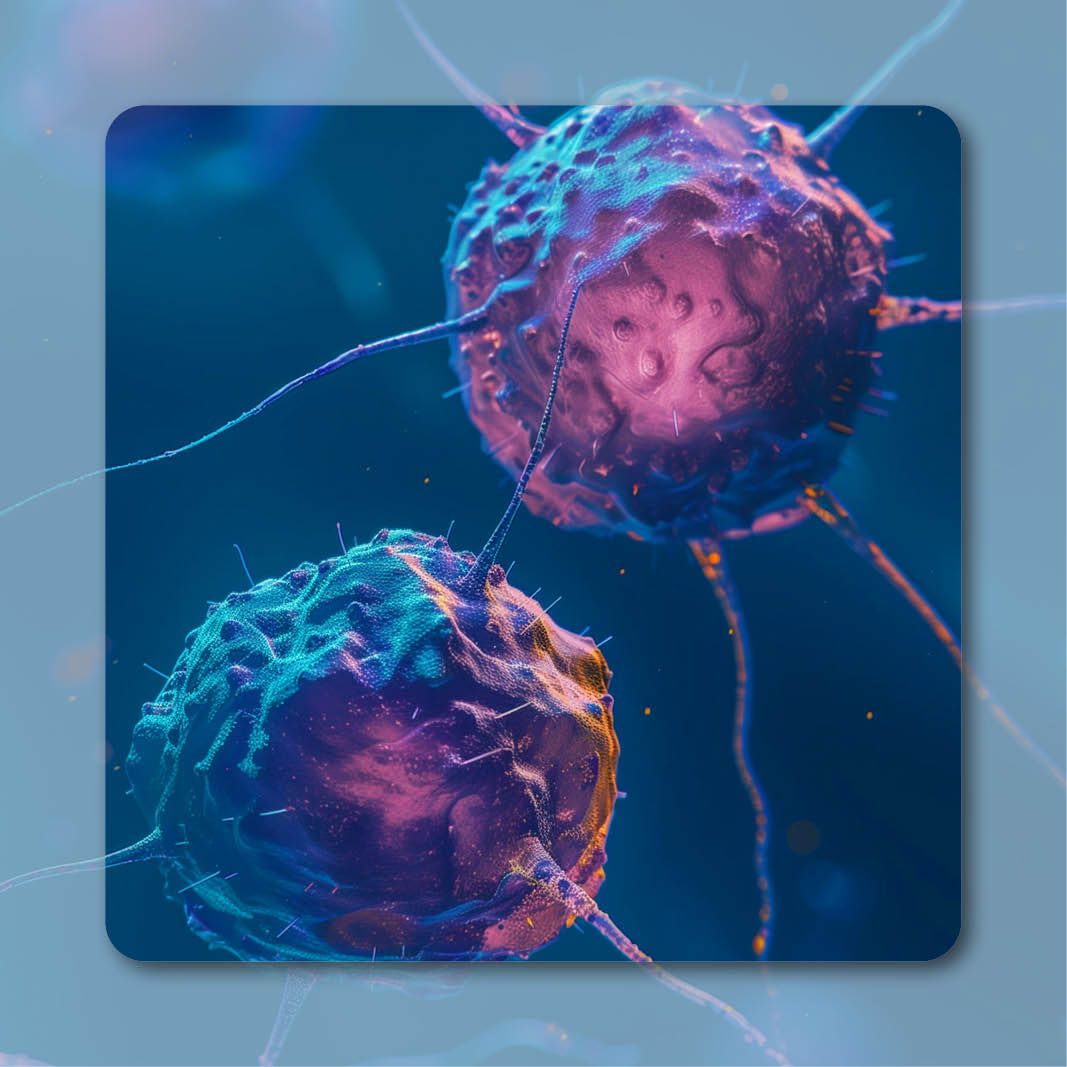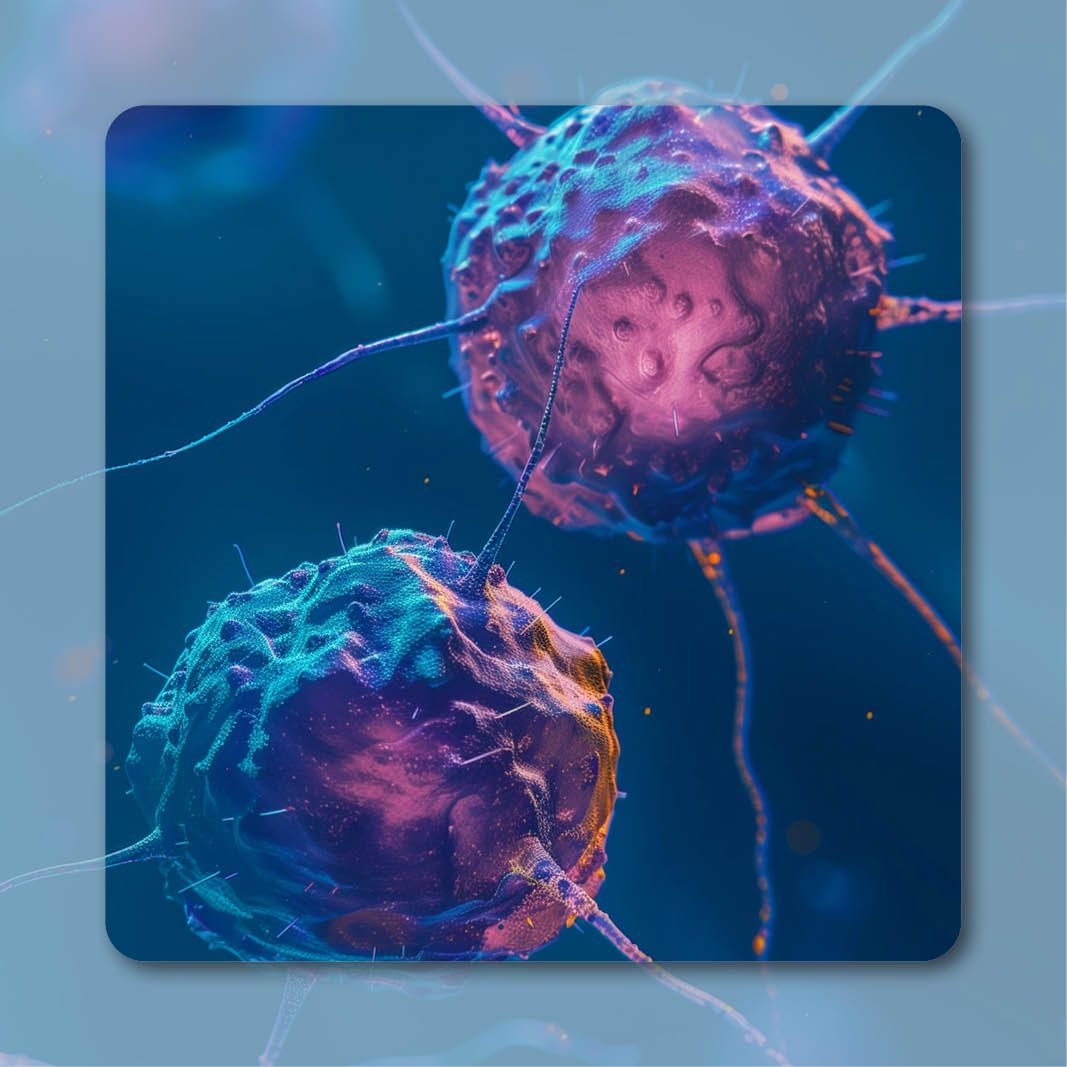Article
Nivolumab/Ipilimumab Active in High-Grade Neuroendocrine Tumors
Author(s):
The immune checkpoint inhibitor combination of nivolumab and ipilimumab induced a greater than 40% response rate and was well tolerated in patients with high-grade neuroendocrine carcinoma.
Sandip Patel MD
The immune checkpoint inhibitor combination of nivolumab (Opdivo) and ipilimumab (Yervoy) induced a greater than 40% response rate and was well tolerated in patients with high-grade neuroendocrine carcinoma, according to findings from the phase II DART trial presented at the 2019 AACR Annual Meeting.
“DART is the first NCI-funded rare tumor immunotherapy basket study which we think is unique in its design scale,” lead author Sandip Patel MD, an associate professor of medicine at the University of California San Diego School of Medicine, said in a press briefing at the meeting. “We're studying over 37 rare tumor types [using the] combination of ipilimumab plus nivolumab. The neuroendocrine cohort, the nonpancreatic cohort, had promising signs of benefit—[particularly] in patients with high-grade neuroendocrine carcinoma—independent to primary site,” added Patel.
As the current therapeutic options available for those with high-grade disease are generally limited to aggressive chemotherapy regimens, Patel stressed that these findings are particularly exciting for this patient population.
Previous research has demonstrated that treatment approaches involving CTLA-4 and PD-1 inhibition have successfully improved patient outcomes across various tumor types. However, not much is known in terms of whether these agents can benefit those with rare, metastatic solid tumors. To fill this unmet need, investigators launched the prospective, open-label phase II trial.
For the trial, patients with rare tumors received 1 mg/kg of the CTLA-4 inhibitor ipilimumab every 6 weeks with 240 mg of the PD-1 inhibitor nivolumab every 2 weeks. At the meeting, Patel presented data from a cohort of 32 eligible patients with neuroendocrine tumors. Patients with pancreatic neuroendocrine tumors are being evaluated in a separate cohort within the trial. The primary endpoint of DART was overall response rate (ORR) by RECIST v1.1 criteria, while progression-free survival (PFS), overall survival (OS), stable disease >6 months, and toxicity, served as secondary endpoints.
More than half of the patients (56%; n = 18) had high-grade disease, and the most common tumor sites were gastrointestinal (47%; n = 15) and lung (19%; n = 6). Prior to trial enrollment, patients had received a median of 2 lines of therapy.
When the investigators looked at ORR by primary site of origin, they did not see a particular trend in patients who received the combination. However, when they looked by tumor grade—regardless of tumor site—it appeared that the majority of patients who benefited in terms of tumor shrinkage, were those with high-grade disease. Patients with high-grade disease had a 44% overall response rate compared with 0% of patients with low/intermediate grade tumors (P = .004) independent of primary site.
“Going into this study, we did not know the benefit of [this combination] in terms of [patients with] low-grade versus high-grade having a differential response. One of the thoughts is that maybe it's related to tumor mutational burden,” said Patel. “In fact, this is an area of active research among the translational objectives that we're looking at.” His team plans on verifying the benefit seen in patients with high-grade neuroendocrine carcinoma later this year, as another cohort in the trial.
The 6-month PFS rate and median OS with the immunotherapy combination were 31% and 11+ months, respectively, while historically, it has been around 10% and 3 months, respectively. However, Patel noted that these data are “limited by the small numbers of patients we have and the fact that the clinical trial was not randomized.”
The combination was found to be well tolerated, with fatigue and nausea reported as the most adverse events (AEs) experienced by 30% and 27% of patients, respectively. The most common grade 3/4 immune-related AE was alanine aminotransferase elevation, which was observed in 9% of patients. There were no cases of pneumonitis or fatal toxicities observed in this cohort.
“One thing that I really want to reiterate here is that clinical trials in rare tumors are feasible,” stressed Patel. “There is a mantra that clinical trials [with rare tumors] are not able to be conducted successfully; it has led to some historical inhibitions in pursuing these studies. This particular study is open at sites throughout the country and almost two-thirds of this cohort were treated in community sites close to their home. Clinical trials are not only feasible but have potential to benefit patients with rare tumors who represent, in aggregate, almost a quarter of the patients we treat with cancer.”
As patients were able to receive treatment at local centers, a convenience that encouraged accrual, there was no central pathology review, signifying a key limitation of the study.
Patel SPP, Othus M, Chae YK, et al. A phase II basket trial of dual anti-CTLA-4 and anti-PD-1 blockade in rare tumors (DART) S1609: The neuroendocrine cohort. Presented at: 2019 AACR Annual Meeting; March 29 to April 3, 2019; Atlanta, GA. Abstract CT039.







.jpg?fit=crop&auto=format)

